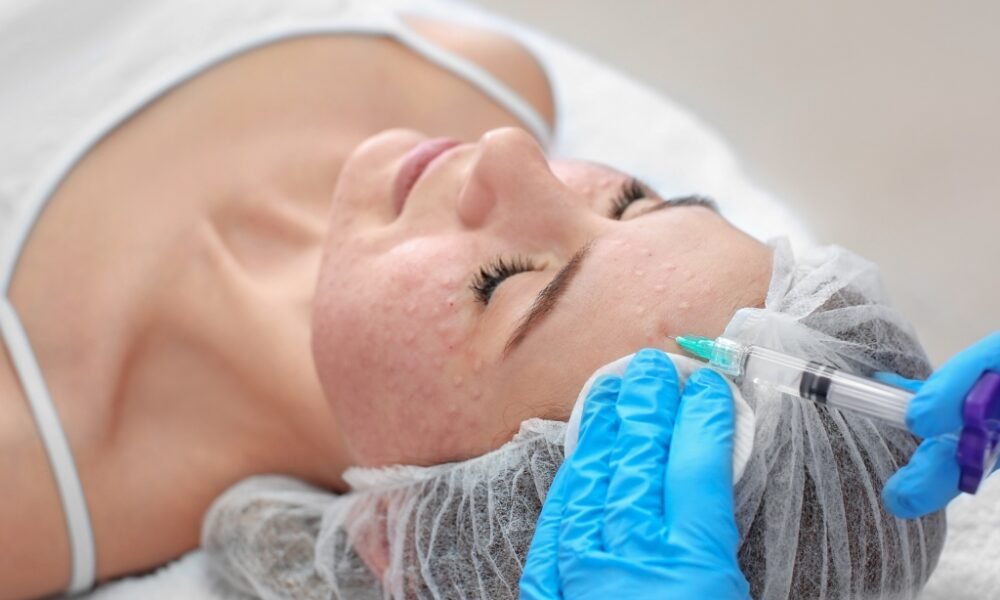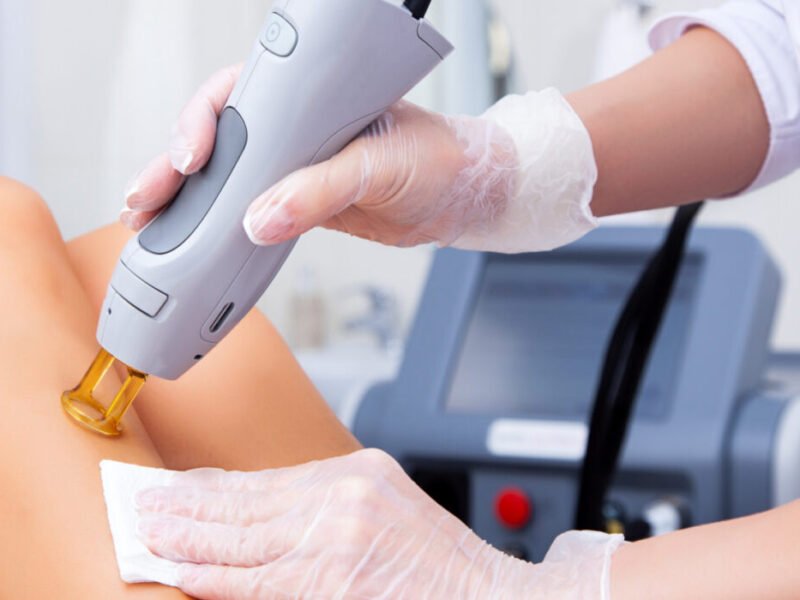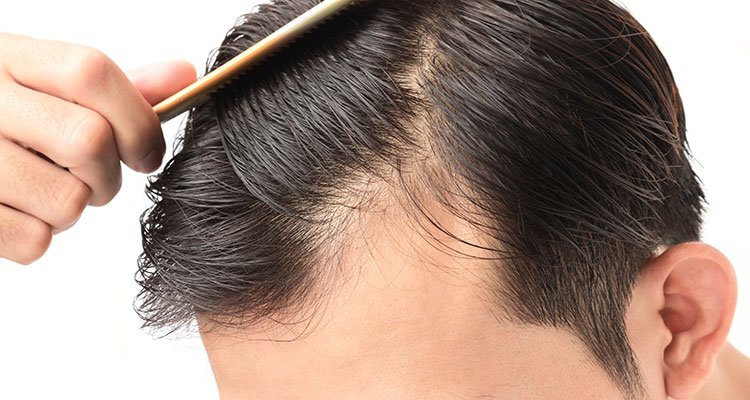The word "biorevitalization" translates to "bioactivation" and refers to an injectable treatment that combats age-related changes in the skin, with hyaluronic acid as its core component. This treatment provides deep hydration and helps address numerous cosmetic concerns.
The number of sessions is determined based on individual characteristics and the skin's condition. On average, a course includes four sessions spaced 10-14 days apart, with effects lasting approximately six months.
Just one procedure is equivalent to applying various creams every night for 10 days.
Benefits
With age, the concentration of elastin and collagen in the cells decreases, making the skin dry and fragile. Once it penetrates the tissues, hyaluronic acid stimulates the production of these substances, nourishing and hydrating the skin naturally.
- Deep skin hydration
- Quick recovery period
- Compatibility with other procedures
- Can be done year-round
- Long-lasting results when completing the full course
Indications
- Dry skin
- Wrinkles
- Loss of elasticity
- Sagging cheeks, double chin
- Changes in facial contour
- Vitamin deficiency
Contraindications
- Pregnancy and breastfeeding
- Fresh scars, rashes, or new formations (including moles and papillomas) in the area
- Inflammatory conditions
- Tumor-related diseases
Նախքան պրոցեդուրան կատարելը մասնագետը ուսումնասիրում է մաշկը, հաշվի առնում ցուցումներն ու հակացուցումները, ապա ընտրում ճիշտ տարբերակը։
After Biorevitalization
Wrinkles are smoothed out, a lifting effect occurs, and the face looks fresher and more youthful. The skin's deep layers are enriched with oxygen, blood circulation and metabolic processes accelerate, and cell regeneration improves.
For three days following biorevitalization, it is advised not to engage in sports, as the injection areas may become inflamed. For more pronounced and lasting results, it's essential to maintain proper home care. Cleansers, moisturizers, and serums are excellent choices during this period.



